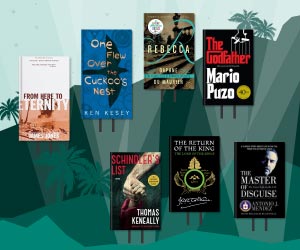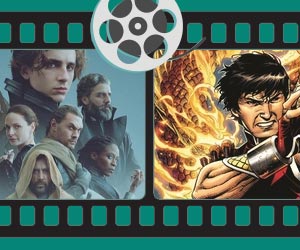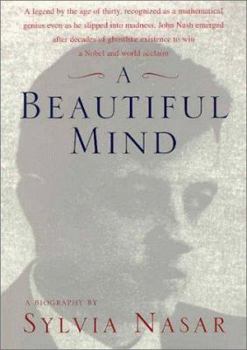A Beautiful Mind
Select Format
Select Condition 
Book Overview
**Also an Academy Award-winning film starring Russell Crowe and Jennifer Connelly--directed by Ron Howard** The powerful, dramatic biography of math genius John Nash, who overcame serious mental... This description may be from another edition of this product.
Customer Reviews
The Emperor of Antarctica.
Beautiful...and Intriguing
A Martian Told Me to Read This Book
A Beautiful Book
Maximum Involvement
A Beautiful Mind: The Life of Mathematical Genius and Nobel Laureate John Nash Mentions in Our Blog


Are you excited for the Oscars next month? If so, you might want to catch up on the literature that served as inspiration for some of the nominated movies. Plus, check out a few of our favorite book-to-screen best picture winners from the last quarter century.

Watching the Oscars this weekend? If so, you’ll want to catch up on the literature that served as inspiration for some of the nominated movies. Plus, we share some of our favorite book-to-screen best picture winners from the last quarter century.

Did you watch the Oscars last weekend? If so, maybe you're intrigued to catch up on the plays, books, and movies that served as inspiration for some of the nominated (and winning) movies. Plus we share some of our favorite book-to-screen Best Picture winners from the last quarter century.






